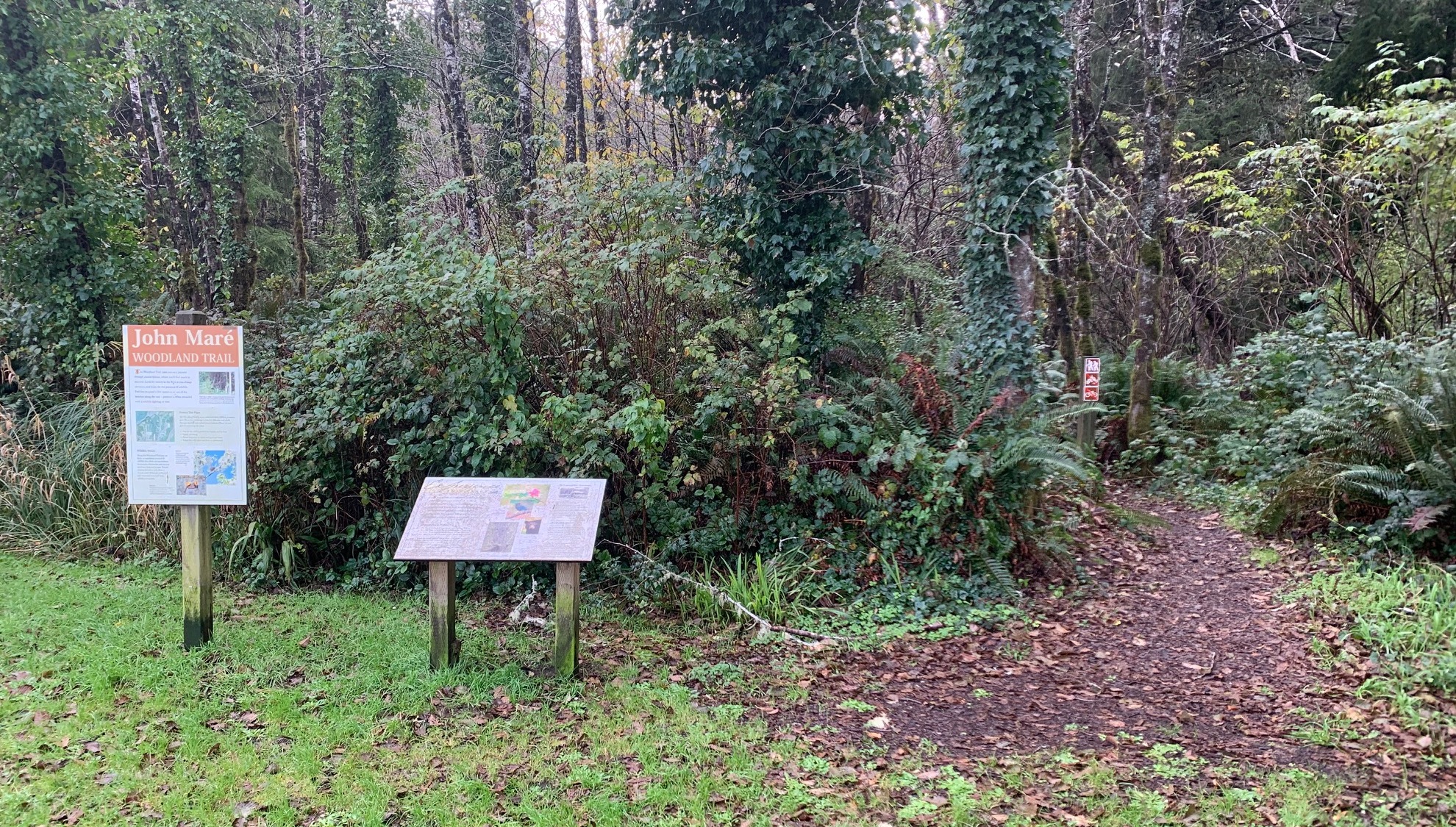
By APRIL ERHLICH/Oregon Public Broadcasting
Public hiking trails that closed this past year in response to a civil lawsuit could start reopening again after Oregon lawmakers Tuesday passed temporary liability protections for landowners.
Senate Bill 1576 passed the Oregon House on Tuesday with overwhelming support and heads to Gov. Tina Kotek’s desk. Once signed into law, it will adjust Oregon’s “recreational immunity” law, which protects public and private landowners from lawsuits if someone is injured while using their property for recreation. It doesn’t apply to landowners who charge a fee for access.
Among its technical changes, the bill would add to the legal definition of “recreation.” Currently, Oregon law doesn’t specify if walking is considered recreation — like if someone is walking to get from one point to another, as opposed to walking as part of a hike.
The bill adds walking, running and bicycling to its list of activities that are considered recreation.
In a civil suit filed in 2019, lawyers representing Nicole Fields said she slipped and fell on a wooden bridge owned by the city of Newport. Fields argued she was not on the bridge for recreation, but rather, was walking home after using the Ocean to Bay Trail for a picnic. A circuit court judge initially ruled in favor of the city, and Fields appealed that decision. The Oregon Court of Appeals sided with Fields and sent the case back to circuit court.
That appeals court decision sent shockwaves through cities and counties that have long kept their forestlands, beaches and trails open to the public.
“The response to that court case was pretty severe and pretty immediate,” said Rep. David Gomberg, D-Otis, who supported the bill. “The insurance companies covering the cities throughout the state of Oregon wrote to those cities and said you need to close down your trails because the cost of litigation and the cost of potential liability is more than any of us can afford.”
Gomberg said about 22 trails have closed in response to the court decision.
Senate Bill 1576 received broad support from lawmakers as well as testimony from nonprofit trail associations, recreation groups, and several cities and counties. It only protects landowners in cases of “ordinary negligence” — that is, local governments can still be sued in cases involving reckless or intentional misconduct.
The legislation is temporary and gives lawmakers time to draft potential long-term changes to protect recreation in outdoor spaces.
-
To read YachatsNews story on the issue from November 2023 go here


